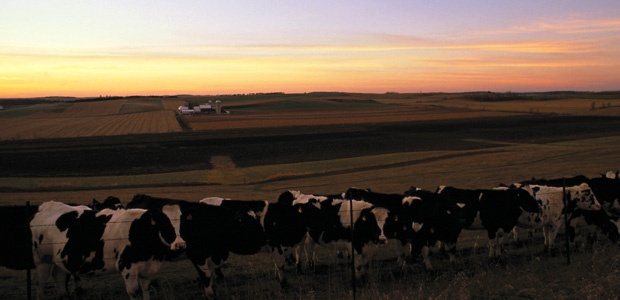Advertisement
Biotech News
World Rejection of GE Crops Even though genetically engineered (GE) sugar beet has been approved for growing in the United States, farmers are stalling from planting it because of consumer resistance. Lindsay Jolly, an economist at the International Sugar Organization said: “US (beet) farmers got cold feet just before the planting season last year.” Administration … Continued

World Rejection of GE Crops
Even though genetically engineered (GE) sugar beet has been approved for growing in the United States, farmers are stalling from planting it because of consumer resistance. Lindsay Jolly, an economist at the International Sugar Organization said: “US (beet) farmers got cold feet just before the planting season last year.”
Administration Sued
In a landmark lawsuit filed against the United States Food and Drug Administration (FDA), nine eminent scientists, including some of the FDA’s own life scientists, biologists and advisers, are taking the FDA to court to obtain mandatory safety testing and labelling of GE foods. They claim that every GE food in the US is on the market illegally and should be recalled for rigorous safety testing. Numerous citizen’s groups and other scientists have also joined the lawsuit against the FDA. See < biointegrity.org/index.html >.
Axe the Flax
Canadian farmers are pressuring to remove biotech flax from the national registry of approved GE crops. Farmers are concerned that if the engineered flax is not eliminated, it could cost farmers income by reducing exports to countries that refuse GE crops. The flax is not yet being used commercially.
Contamination
The Shanghai government recently found rapeseed (canola) from Canada illegally contaminated with genetically engineered varieties. The contamination could jeopardize Canadian exports to Shanghai, which imports one million tons of canola seed a year.
The French government ordered the destruction of 46 hectares of soy crop contaminated with GE seeds. Recently, the French government destroyed GE-tainted canola from Canada.
Labelling Down Under
New Zealand and Australian health ministers recently agreed to mandatory labelling for all foods containing genetically engineered ingredients.
Australian and New Zealand authorities will be utilizing technologies already in use in Europe and Asia, which can detect GE contamination down to 0.1 percent. Previously the Australian State of Tasmania classified GE crops as “forbidden pests” and imposed a one-year moratorium against their trial.
Terminator Chicken
The US biotech firm AviGenics is genetically engineering a chicken to yield more meat. In addition, the company plans to insert a DNA copyright tag among its genes to stop anyone breeding it without permission.
AviGenics is one of several US companies that are also adding human genes to chickens, in the hopes of turning the poultry into drug factories–transgenic birds that produce pharmaceuticals that they can extract and market for profit.
Xenotransplantation
Animals are being genetically engineered with human genes so that organs from the animals can be used for human transplants. However, new research by UK scientists shows that such transplants between species could trigger a global pandemic of deadly diseases, including cancer-causing retroviruses. As a result of these findings, Western health authorities imposed a moratorium on all xenotransplant surgery, although biotechnology companies are known to be continuing with research.
Mouse Patented
The Canadian Federal Court of Appeal recently awarded ownership rights to Harvard for “the oncomouse,” a variety of mice genetically engineered for cancer research. The ruling means that all animals except humans are now patentable in Canada. The Canadian judges based their decision on a strict interpretation of the Canadian Patent Law and said that questions over the ethics of patenting life forms needs to be decided by Parliament.
While the oncomouse has already been patented in the United States and Europe, the patenting of living organisms is the subject of huge debate worldwide.
Code of Secrecy
At a recent conference on genetic engineering, a Canadian Food Inspection Agency (CFIA) spokesperson stated that pollen from GE crops did not harm bees. However, when questioned by a Canadian scientist about the research substantiating the claim, the CFIA representative refused to supply any details. He said the information was proprietary. Since it is standard practice in scientific circles to share such results, there are questions about whether the CFIA official was trying to avoid revealing a lack of safety testing.




